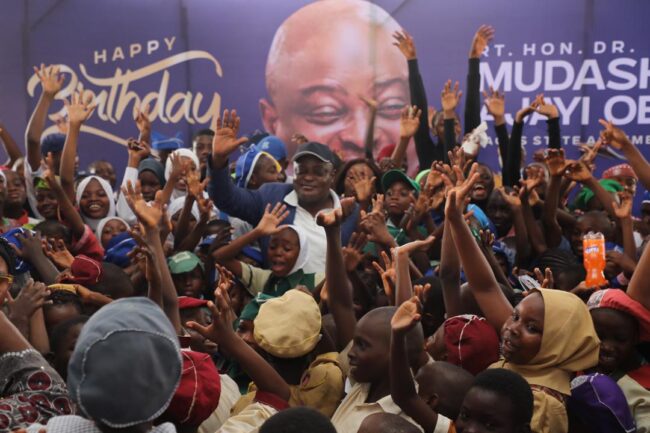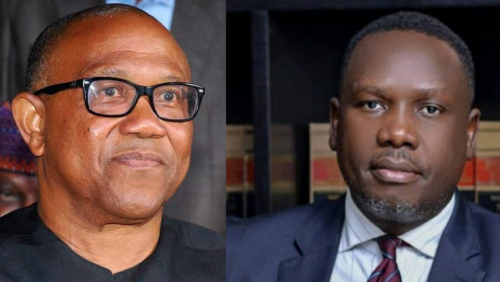The Minister of the Federal Capital Territory, Nyesom Wike, has insisted that political power is earned through strength and strategic action, warning that Obio/Akpor Local Government Area remains a decisive force in Rivers State politics.
Wike also dismissed calls for his removal, stressing that the power to sack him lies solely with the President.
Wike spoke on Sunday during a thank-you visit to Obio/Akpor, where he addressed party leaders, traditional rulers, women, and youths.
The minister has been touring the state’s 23 local government areas to appreciate residents for their support in the 2023 elections and to canvass continued backing for President Bola Tinubu ahead of the 2027 polls.
Addressing the gathering, Wike stressed that politics should be guided by interest, not sentiment.
“There is no sentiment, there is no emotion. Politics is an interest; the interest of your people. Power is not given; we struggle for it. After all, if Donald Trump did not have power, would he go to Venezuela to pick a president? He wouldn’t. Because he has power, that’s why he can act,” Wike said.
“So for the people of Obio/Akpor, we have the power to dictate who becomes governor. All these people commenting from the sidelines, ask them if their local government, which produced only 5,000 votes, can challenge one that produced 40 per cent of the votes? Let us see how it will work.
“We will use our strength to punish them. Nobody has become governor in this state without Obio/Akpor making the pronouncement. Nobody has become the senator of Rivers East without Obio/Akpor deciding. So, if you like abusing us, after abusing us, come and look for the votes—and we will punish you with the votes.”
The former Rivers State governor also dismissed calls for his removal from office, stressing that such decisions rest solely with the President.
“Don’t bother about people who say ‘sack him.’ If my appointor believes I cannot offer anything again, he has the right, not that you should tell him. I am proud that the people of Obio/Akpor, the people of Rivers State, and Nigerians know we have not disappointed them in the FCT,” he said.
Earlier, the Chairman of Obio/Akpor Local Government Council, Gift Worlu, praised Wike’s political influence, describing him as a major asset to the council, the state, and the nation. He commended Wike’s performance across various offices, including chairman, chief of staff, governor, and minister, and stressed the council’s loyalty to his leadership.
“When it comes to who should be President of Nigeria in 2027, we know where to go. As for the governorship of Rivers State, we know where not to go. We will not go the way of ingratitude, disappointment, or disloyalty,” Worlu said.
Also speaking, the Speaker of the Rivers State House of Assembly, Martins Amaewhule, reaffirmed the legislature’s support for Wike and President Tinubu.
“On behalf of the RSHA, we assure you of our prayers and support as you continue to support Mr President. Don’t bother about detractors. The real people of Nigeria know your worth. They know you are helping the President deliver on the Renewed Hope Agenda,” Amaewhule said.
The visit comes against the backdrop of renewed political tension in Rivers State. On Thursday, the Rivers Assembly, led by Amaewhule, formally commenced impeachment proceedings against Governor Siminalayi Fubara and his deputy, Prof. Ngozi Odu, over alleged gross misconduct.
The Majority Leader, Major Jack, presented a notice signed by 26 lawmakers citing alleged charges, including extra-budgetary spending of over N800 billion without legislative approval, withholding funds allocated to the Assembly Service Commission, demolition of the Assembly complex, and defiance of Supreme Court rulings on legislative autonomy. A separate notice was also read against the deputy governor for allegedly conniving in unconstitutional expenditures.
Amaewhule announced that the notices would be served within seven days, in line with the Constitution.
The development marks a renewed escalation in the protracted political crisis in Rivers State, stemming from the fallout between Governor Fubara and his predecessor, Wike. Previous impeachment attempts in 2023 and 2025 were halted by presidential interventions, and a state of emergency was declared by President Bola Tinubu.
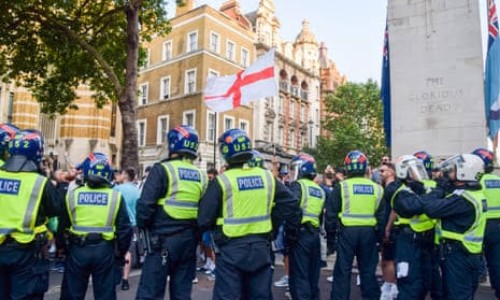

 BIG STORY4 days ago
BIG STORY4 days ago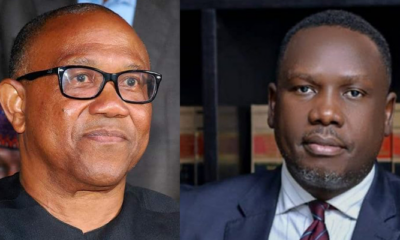
 BIG STORY2 days ago
BIG STORY2 days ago
 BIG STORY5 days ago
BIG STORY5 days ago
 BIG STORY5 days ago
BIG STORY5 days ago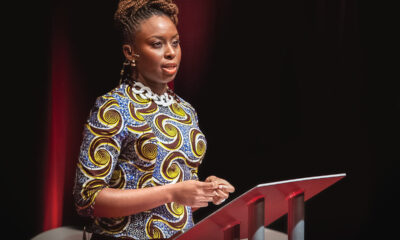
 BIG STORY4 days ago
BIG STORY4 days ago
 BIG STORY5 days ago
BIG STORY5 days ago
 BIG STORY5 days ago
BIG STORY5 days ago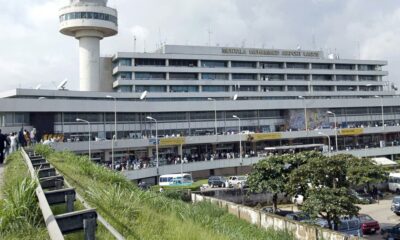
 BIG STORY5 days ago
BIG STORY5 days ago




















